Firstly, dark social may sound like a racehorse, it’s not, but it gave me an idea. According to leading social media giants, Dark Social accounts for vast amounts of undistinguished social media traffic to websites. Estimates from The Drum claim that 63% of people prefer to share links via private messaging forums. And, that figure is not at all surprising.
In this blog, we’ll look at what Dark Social is (plus a racey example), how it represents a cultural shift and how you can stem the volume of lost traffic.
What is Dark Social in social media?
If you are a keen Google Analytics user (don’t stop reading here if you’re not), you may or may not know that traffic is broken down into different acquisition categories.
The key sources are:
- Direct (straight to your site),
- Organic Search (Googling a phrase, clicking site)
- Paid Search (Google Ads for Example)
- Email (Email?!?)
- Referral (Traffic from another site)
- Social (Facebook, etc.)
- Other (We’ll get to this)
In theory, your social media efforts would be easy to track; visits and conversions would be attributed to social media. The reality is, a lot of clicks are coming from referral and direct acquisition, but they’re born from social media.
An example would be easier to follow. I thought so.
At the time of writing, the Royal Ascot festival is ongoing, so you’d be forgiven for placing money on the odd horse. During racing festivals, the WhatsApp message, ‘Dr. Fabulous, 11/3,14:05’ makes perfect sense. Usually, the news is coated with a story about a cousin who works in a stable and is ITK (in the know). More often than not, Dr.Fabulous does not win. If I back him, he won’t even finish. Don’t gamble kids.
So, I took advantage of the time of year and sent a few tips to 2 WhatsApp groups. The non-existent tips were for a Free €10 bet on a horse that didn’t exist (I didn’t want anyone to lose money, but I needed an incentive for the click). I copied the URL from Twitter and shared it into groups with my spin on the message.
As someone who manages a social media account for a gambling company, I was able to track my viewers in Google Analytics. I sent Group 1 an offer with the Twitter URL and sent Group 2 a custom UTM link (I’ll explain this in a second).
When group one arrived, I was able to tell they joined and Analytics labelled them as ‘Direct Traffic’. The reality was, they were sent a Twitter link, so if they were converting customers, the sale would not have been attributed to social media.
Enter Group 2, who were categorised as having come from Twitter, despite the fact they entered the site from Whatsapp. The Twitter link I sent them was created using UTM tracking, meaning that anyone who came through the twitter offer was being picked up. I used a free Google tool to mark anyone coming from this link as Twitter traffic. UTM tracking allows you to hoover up those lost visits and ensure you see the real value of social.
Neither group lost (nor won) money.
Dark social culture
Our online habits feed the beast of dark social; there’s been an online shift a sort of hangover from the overshare years. Yes, the golden era when you could get 65 likes for a beans and toast photo is over. There are still those who can’t walk a mile without a vlog and fair play, you do you, but a lot of people and businesses are withdrawing online.
When you see an offer, you don’t jump to tag in Tom, Dick and Harriot publicly; you open messenger or WhatsApp. Even on websites, there are share buttons on news articles for Dark Social channels. The reality is, I’d sooner click on a WhatsApp link from my Uncle Tom or Aunt Harriot than a generic brand post on social. Don’t be mistaken, social media is crucial; we’re just evolving our relationship.
Attributing sales and Dark Social.
The hype around Dark Social is relatively new, but the problem is not. Attributing sales is definitely easier online than offline, but there will always be gaps. If you visit a corner shop and buy a Mars Bar, is it the result of the new Mars TV ad, the billboards, the Instagram Quiz Mars sponsored or a particular bond with the red planet?
It’s tough to say, most people, when put on the spot, will attribute a sale to the first thing that comes to mind. They’ll give credit to non-existent TV ads or say from a friend, despite not having any friends. The point is, Dark Social makes the attribution process harder, until tracking software and mobile devices catch up. UTM tracking will help you improve your attribution, it won’t perfect it. Of course, there are paid tools to help, but even these tools will not guarantee 100% accuracy, yet.
If you don’t fancy gambling on your social, then let’s talk. We offer custom 1:1 mentoring sessions on all things social, learn more here.



